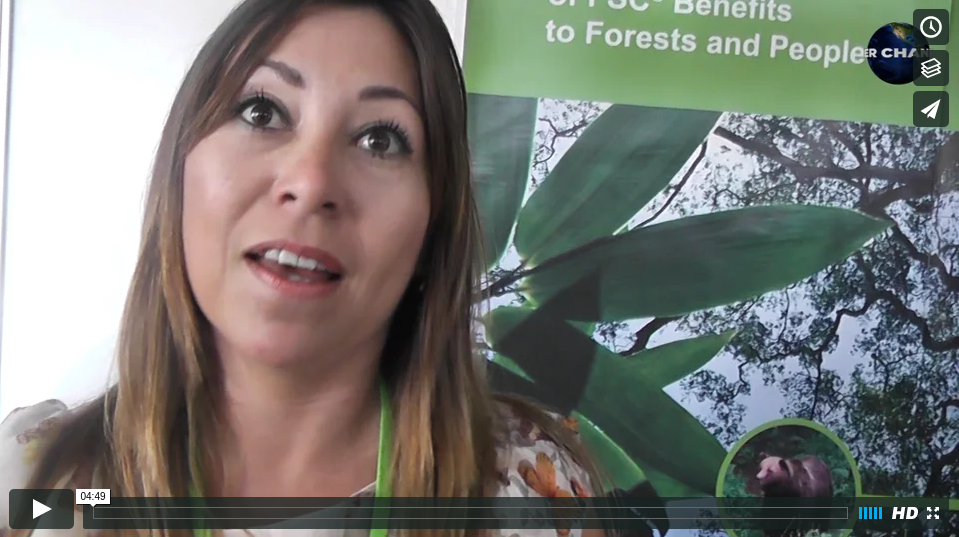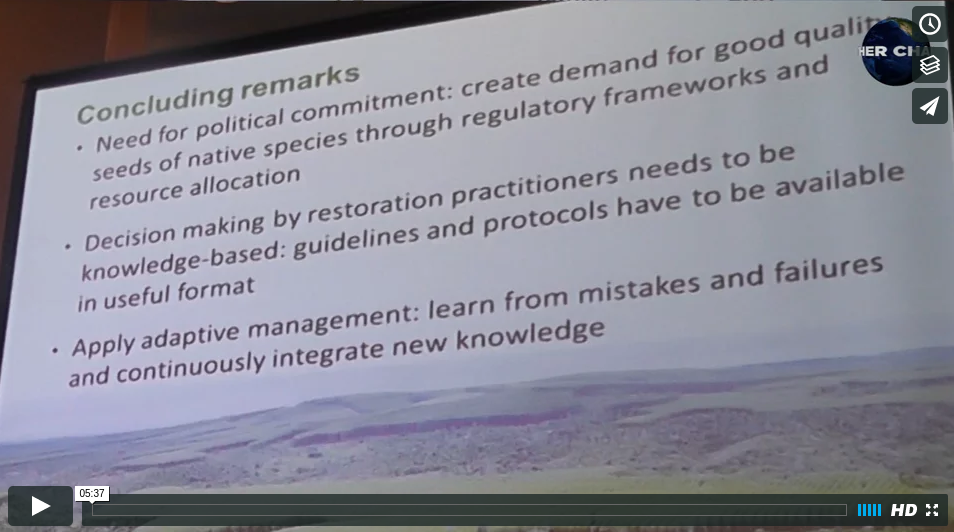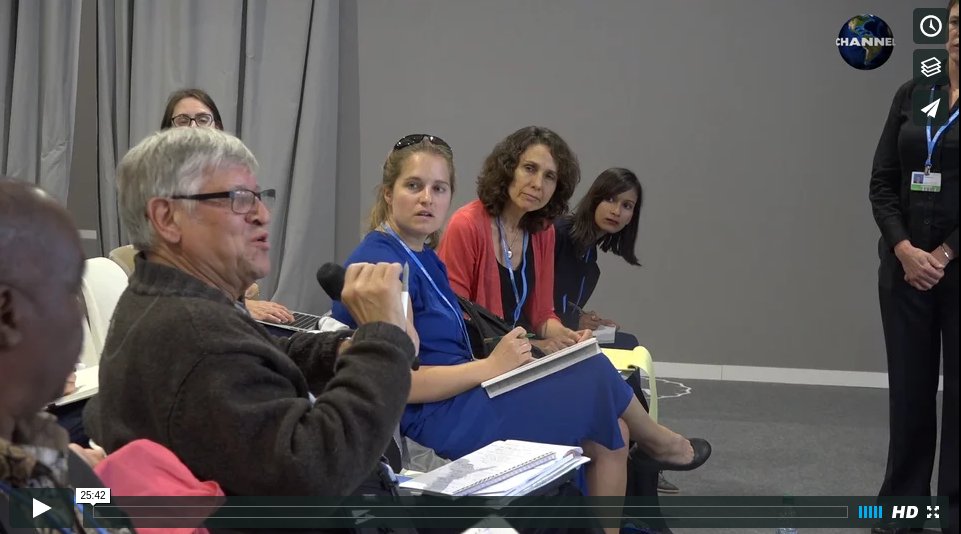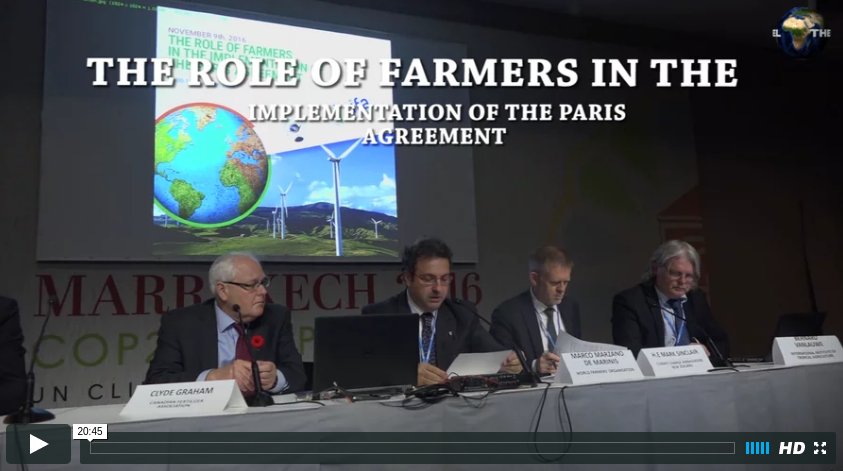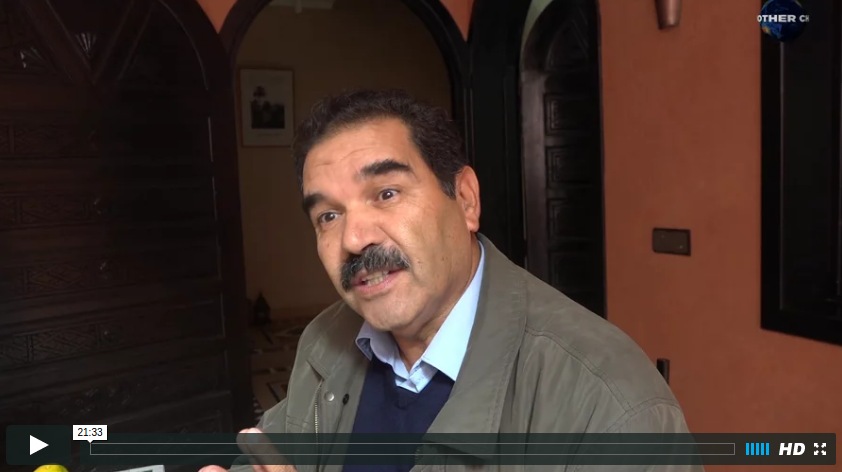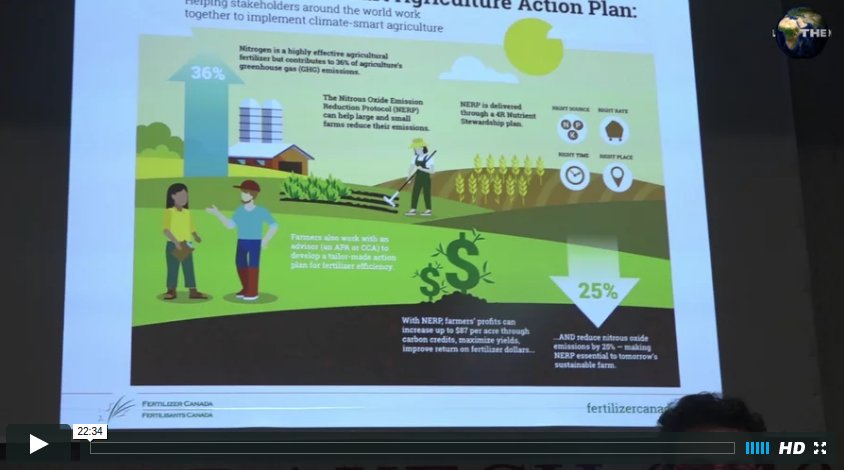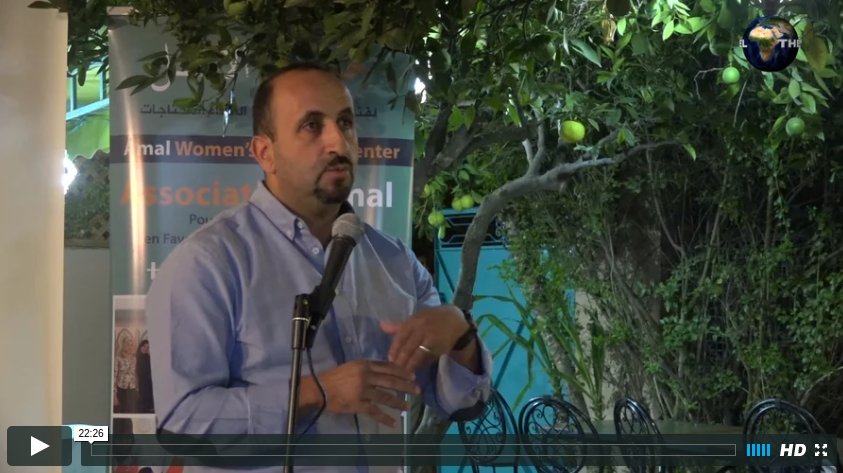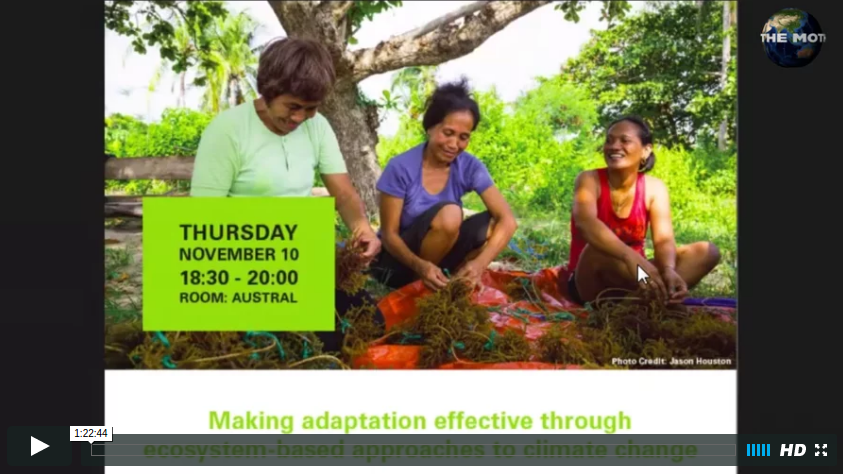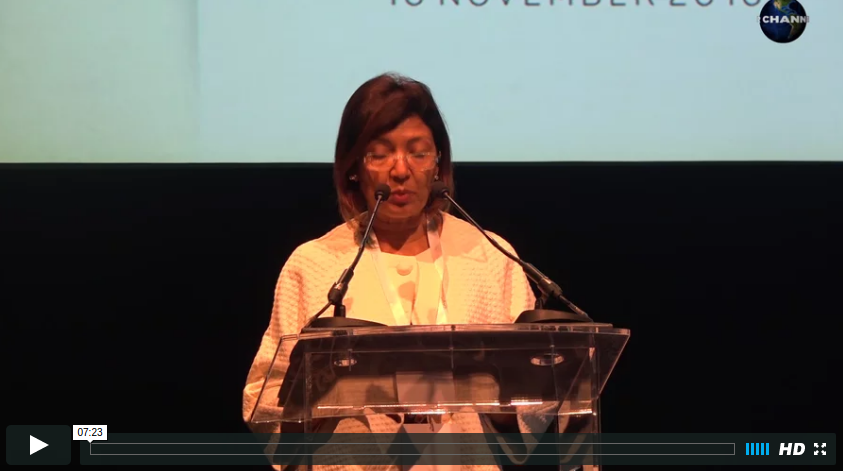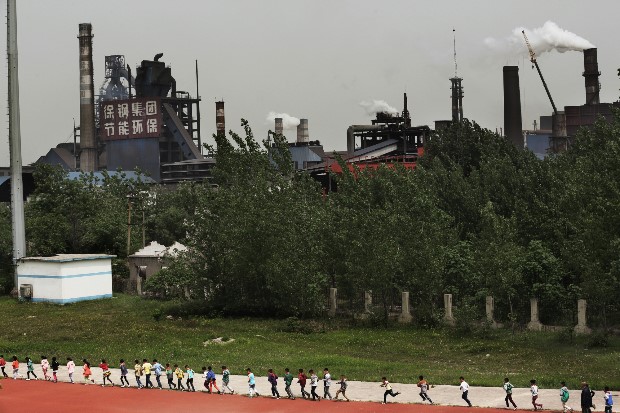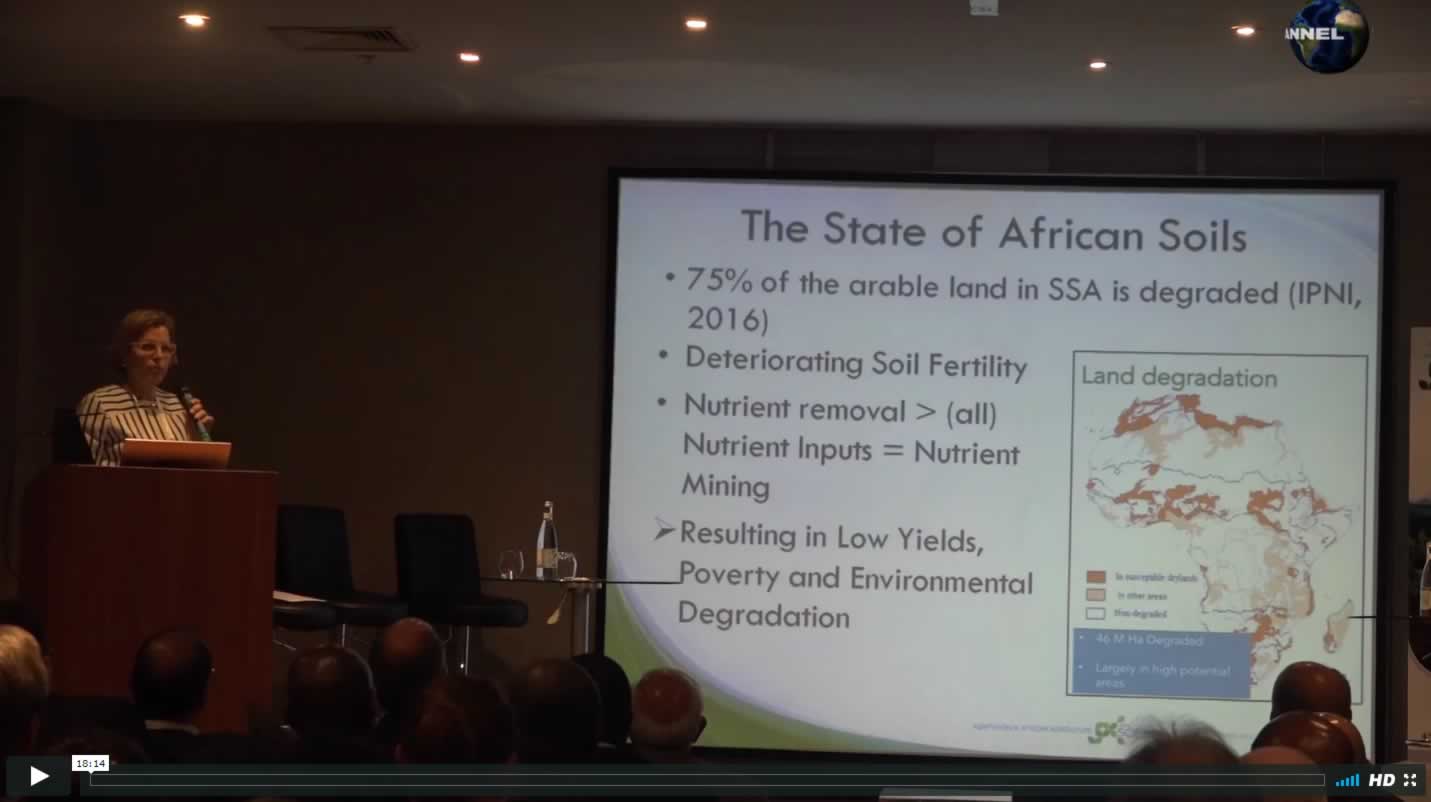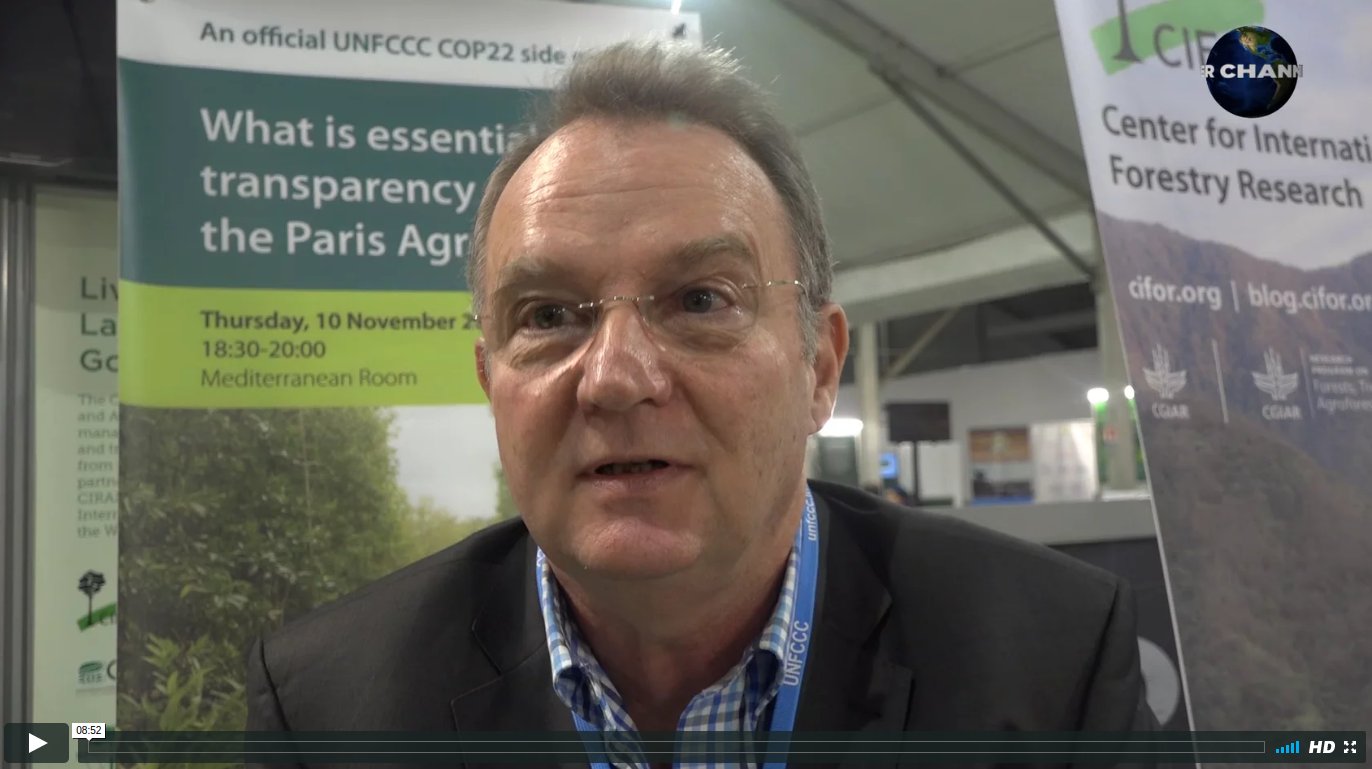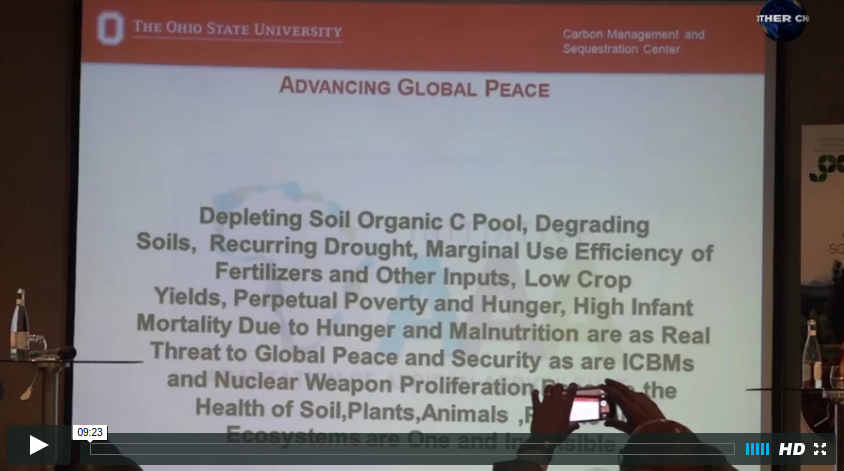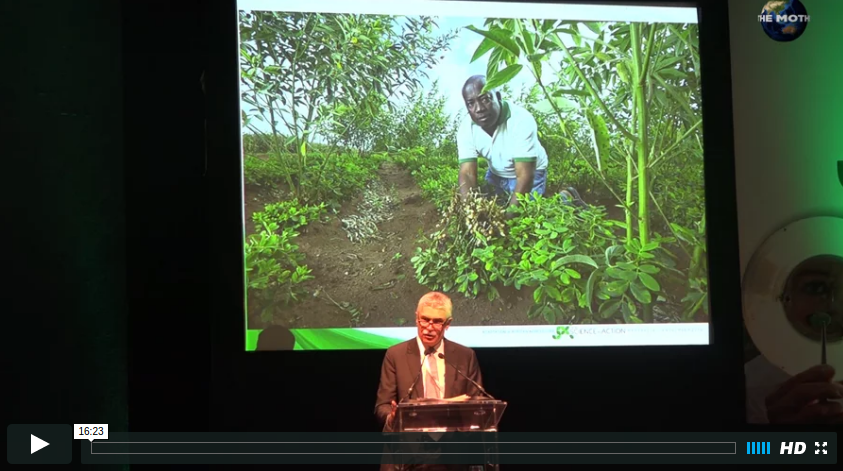- Live Stream
- Climate Change
- ENN
- Environmental Info
- Green Business
- Green Solutions
- Beautiful World
- Categories
- Articles
- Arctic & Glaciers
- Polar Regions and Glacier Reports
- Ethical Dimensions
- Global Warming
- Peatlands & Wetlands
- ENN – The Environmental News Network
- Agriculture
- Chemicals
- Conservation
- Fish Crime
- Forests
- Health
- Mountains
- Oceans
- Energy
- Money
- Green or Gone
- Nutrition
- Permaculture
- Various Solutions
- Powerful
- Watch This
- Water
- Breaking News
- Series ENN
HomeEnvironmental InfoAgricultureInterview with Prof Mohammed Boulif of National School of Agriculture, Morocco
Interview with Prof Mohammed Boulif of National School of Agriculture, Morocco
In an exclusive interview with Mother Channel, at COP 22 conference, Professor Mohammed Boulif, Professor and Head of the Department of Plant Protection, National School of Agriculture, Meknes, Morocco, speaks on his focus of bringing students to understand farmers’ practices to control plant diseases in order to be able to change them for the better using […]
CLOSE
